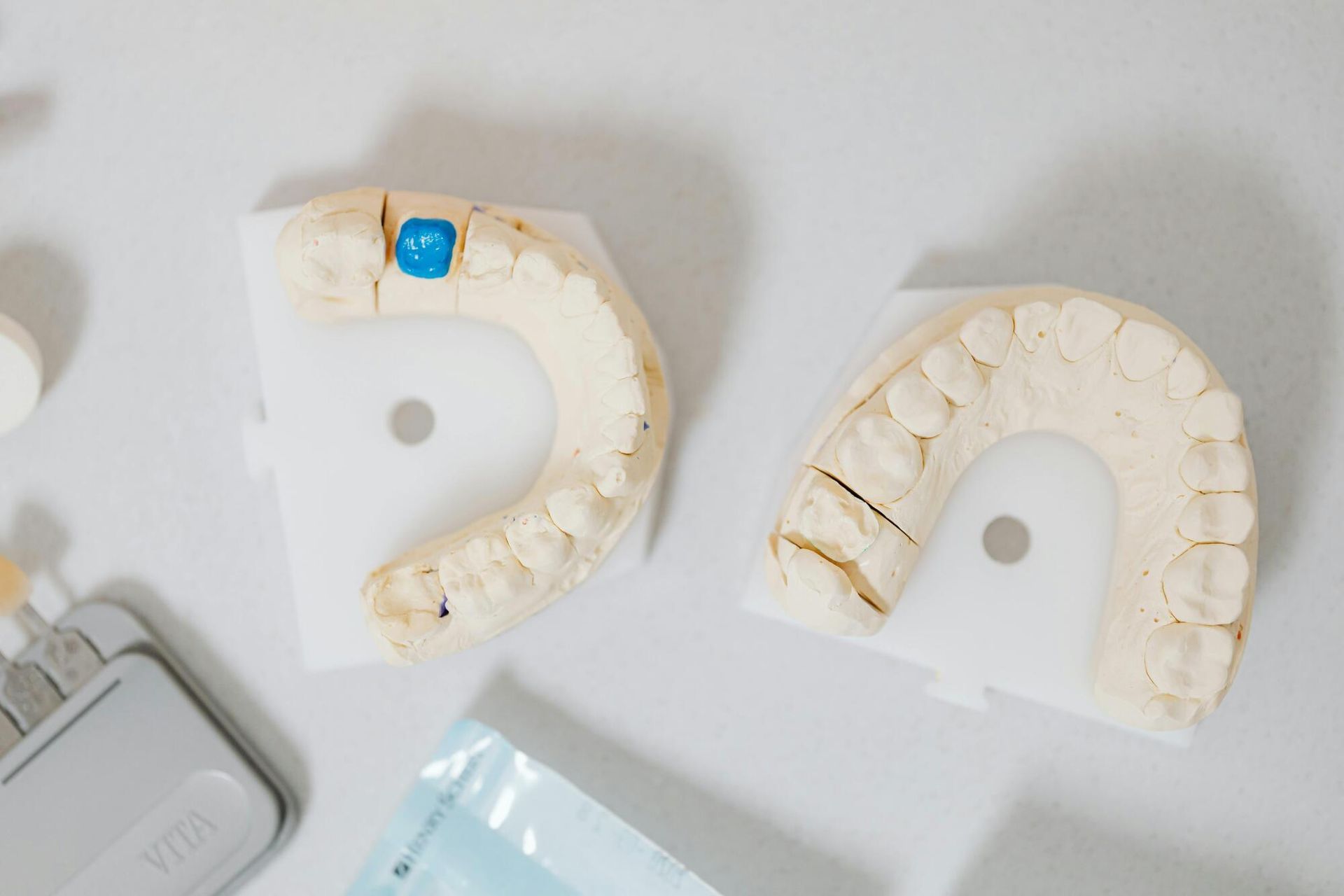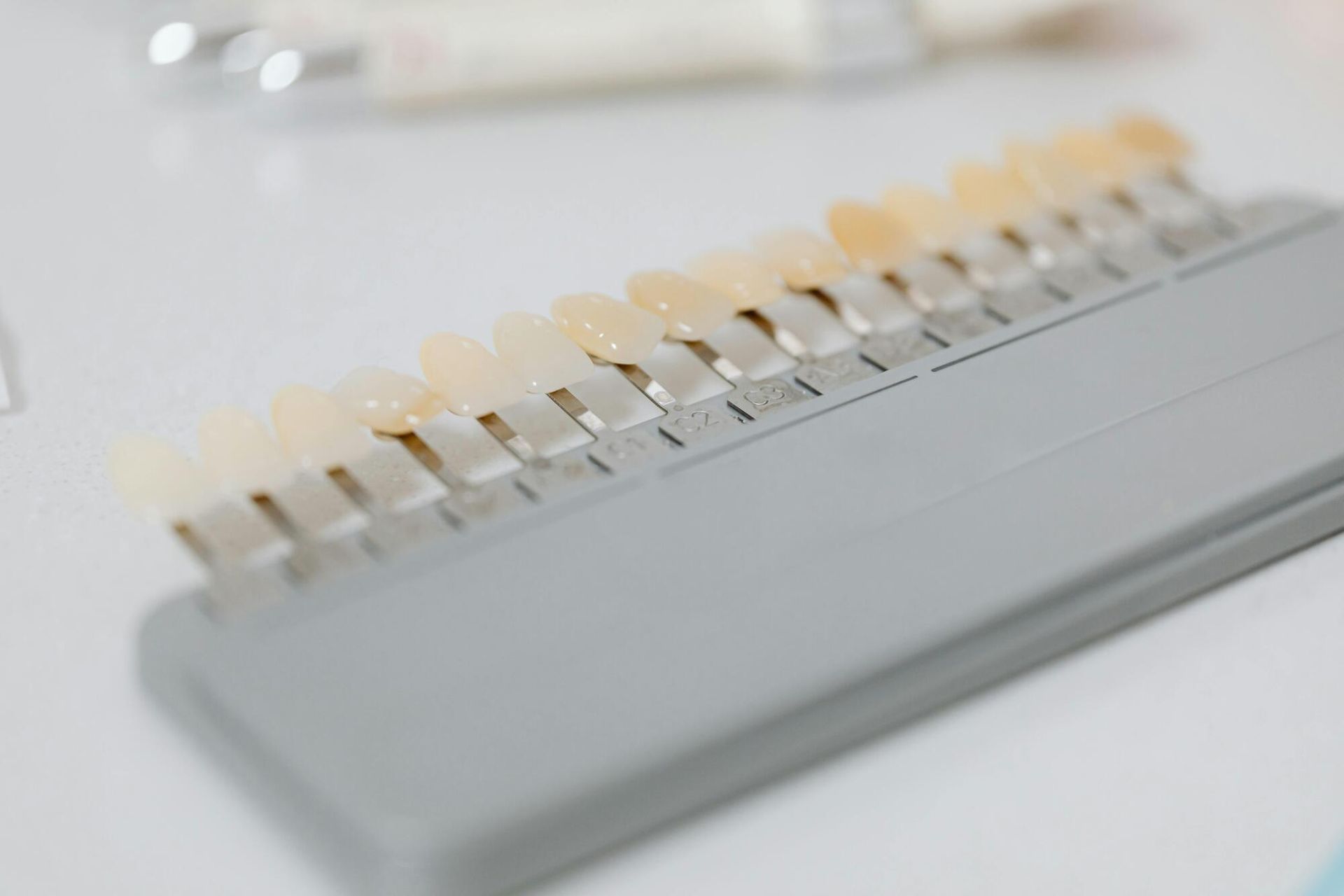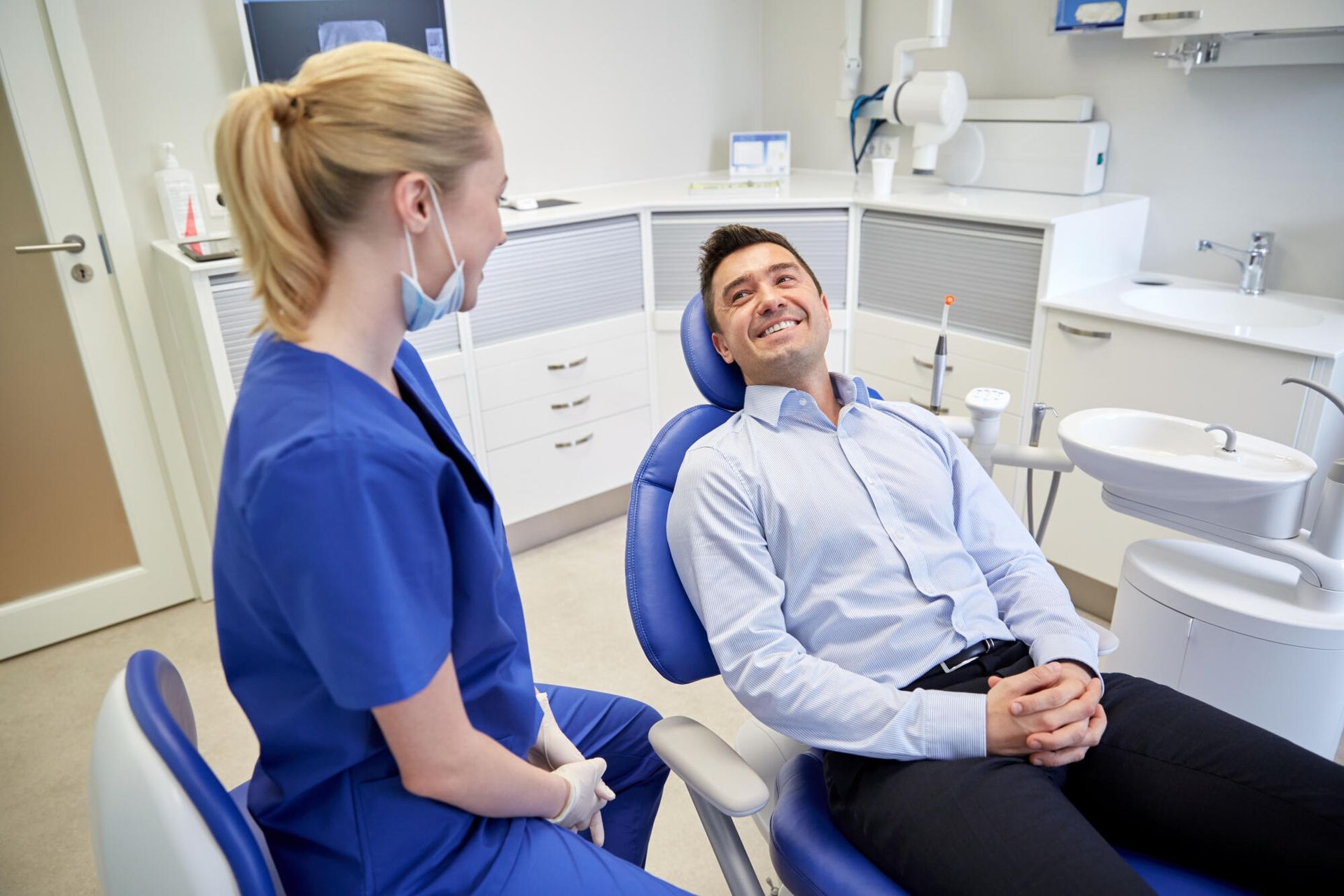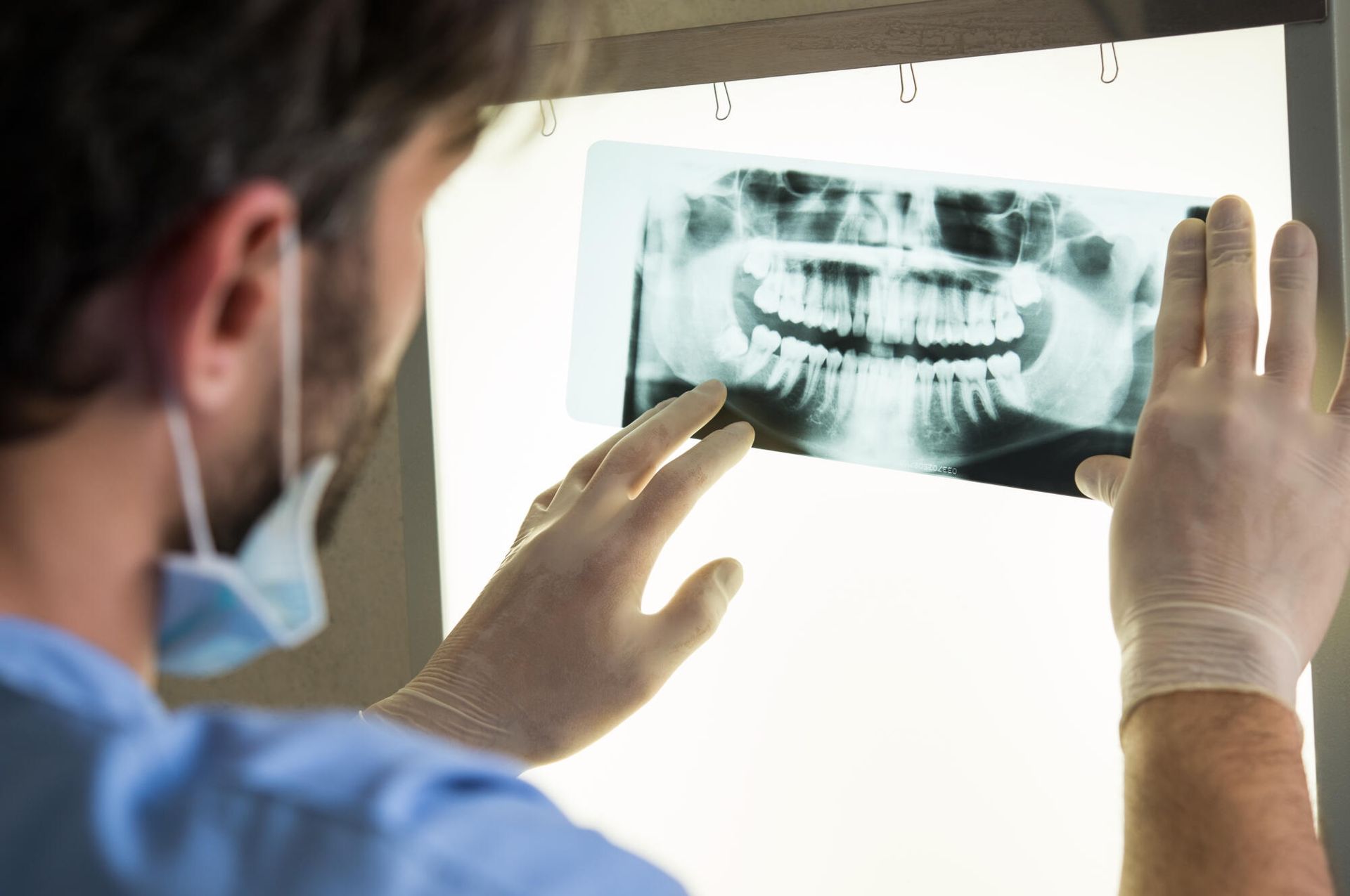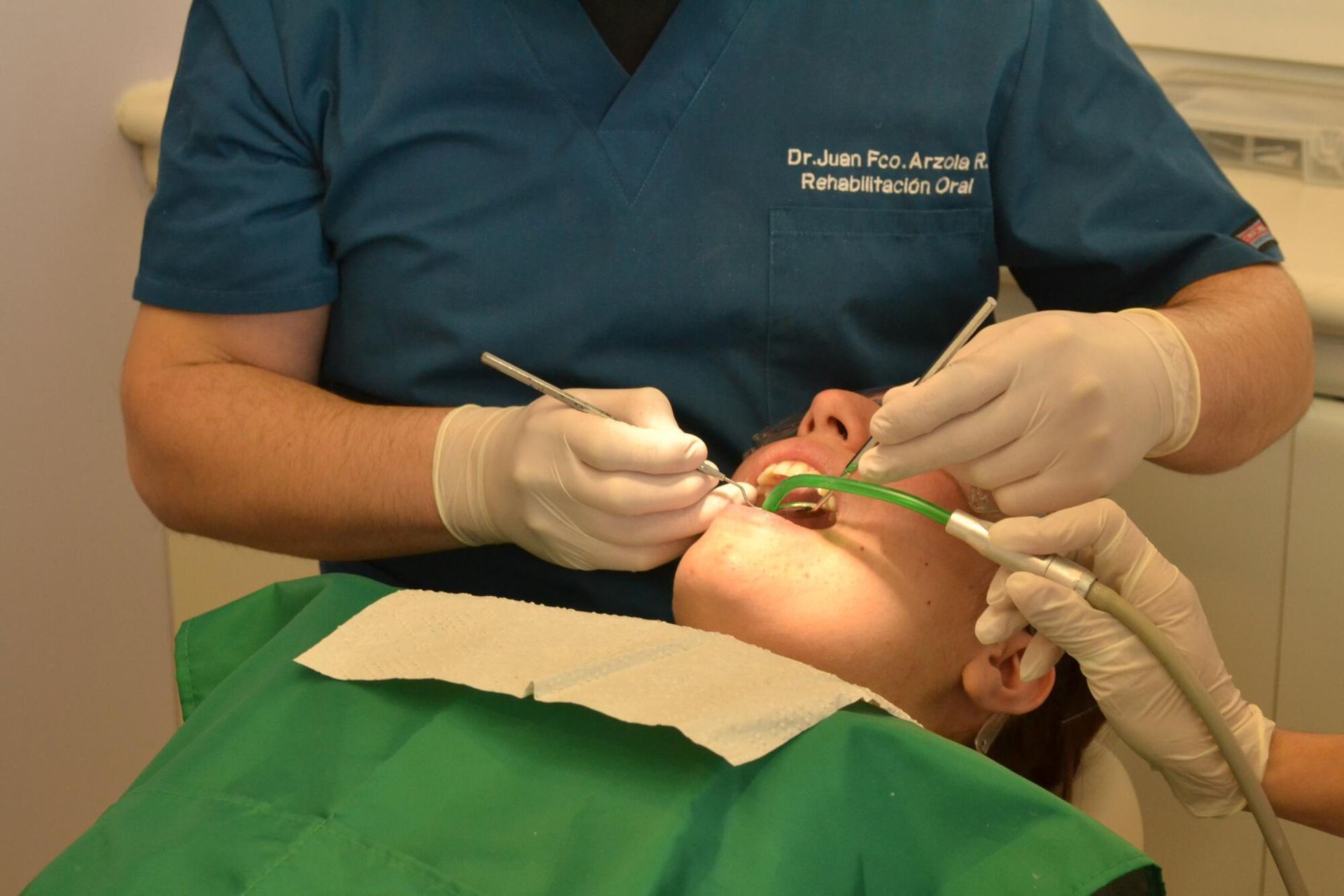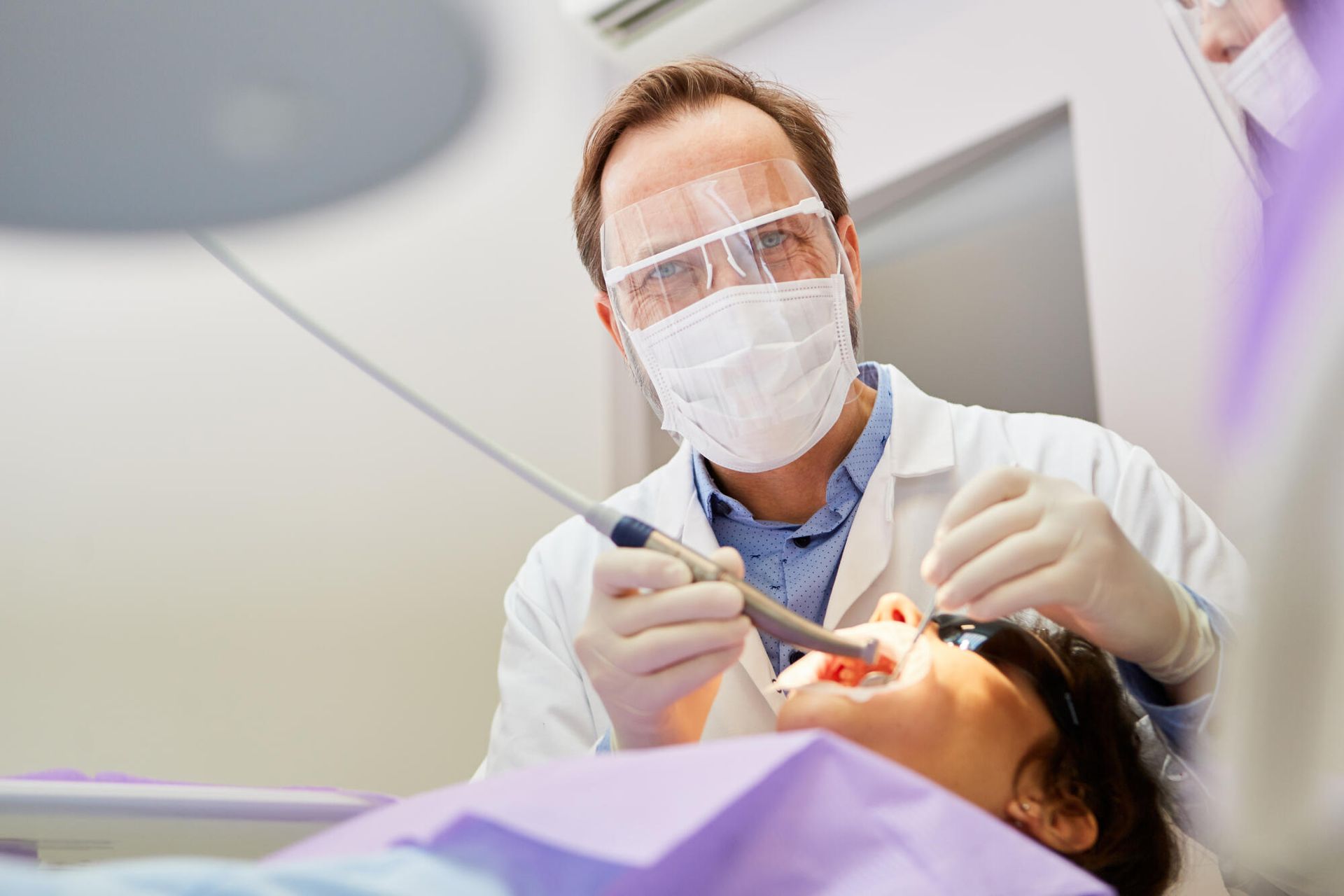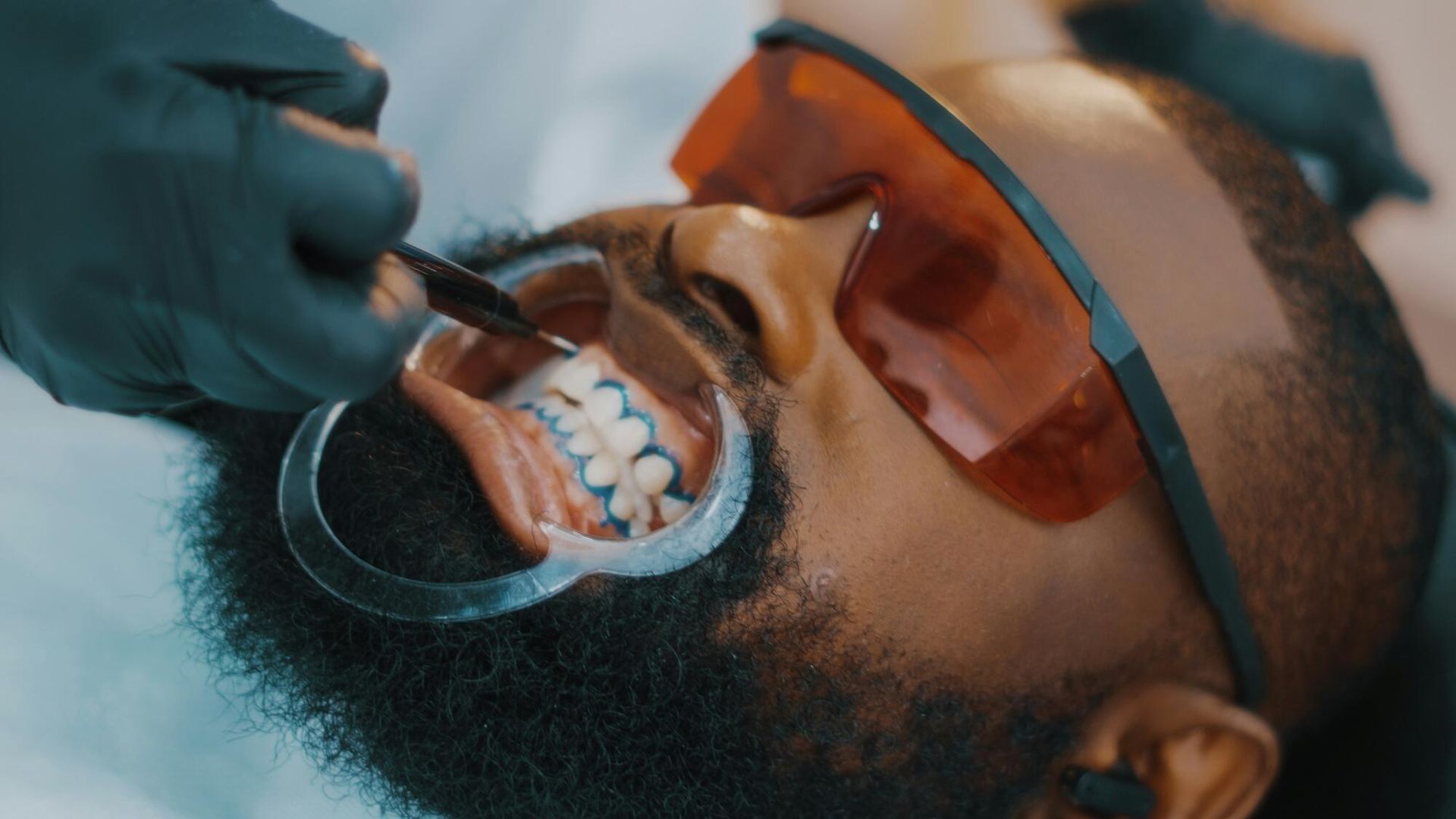Warning Signs to Watch for in Early-Stage Periodontitis
Did you know that around 90% of the population has gingivitis? Gingivitis is easily reversible through proper oral care and regular dental cleanings.
If not addressed, gingivitis progresses to early-stage periodontitis. In the very early phases, you might be able to reverse symptoms and improve your oral health. Yet, periodontitis and gum disease is irreversible and can cause lasting damage to your teeth and gums.
Visiting a dentist when you start experiencing bleeding or gum soreness is crucial to your periodontitis outcome. Luckily, we have a must-read article you won't want to miss out on.
Since many early signs are often missed, our complete guide is going to review the most common warning signs for early-stage periodontitis. Keep reading on until the end and find out how to locate a dentist near you to help you get started.
What Is Periodontitis?
Periodontitis is a prevalent oral health condition resulting in gum inflammation. There are three stages of gum disease:
- Gingivitis
- Periodontitis
- Gum disease
Some may include gingivitis and early-stage periodontitis as one. However, periodontitis is usually more severe and can cause lasting damage to your gums, tissues, and teeth.
Without early intervention, periodontitis can quickly progress to gum disease. Eventually, this leads to infections and tooth loss.
Causes of Early Stage Periodontitis
Poor oral hygiene is one of the leading causes of periodontitis. Daily brushing and flossing help remove harmful bacteria and avoid plaque build-up. Without adequate oral care, you are more at risk for:
- Dental plaque
- Tartar
- Gum inflammation
- Poor immune system
Additionally, some lifestyle habits also increase your risk. Smoking and poor nutrition are leading
causes of periodontitis and gum disease. Medical conditions such as obesity, type 2 diabetes, and HIV can put you more at risk than the general population.
Early Stage Periodontitis Warning Signs
Early-stage periodontitis symptoms include tartar and/or plaque build-up. You may start noticing this around the edges of your teeth, next to your gums. Other early warning signs include:
- Bleeding gums
- Bad breath
- Tender gums
- Loose teeth
- Bite changes
- Pain with chewing
Typically, there are four stages of periodontitis, if you include gingivitis. After gingivitis, it progresses to mild or early-stage periodontitis. Moderate and severe stages follow. During gingivitis, you may not notice symptoms.
Or, it could be easy to ignore signs. For example, you might start noticing bleeding while brushing or eating tough foods. While there could be some irritation and soreness, it is easy to dismiss.
A qualified dentist helps you recognize early symptoms and start immediate treatment.
During early-stage periodontitis, the warning signs start becoming more obvious. It is also harder to reverse symptoms at this stage.
Your gums start becoming more tender, and you can begin noticing color changes. This occurs as the blood supply decreases and your body's immune response activates. Even in the early stages, you are at risk for tooth loss or weakening, and you must seek qualified care.
Early Stage Periodontitis Prevention and Treatments
Avoiding early warning signs of periodontitis can increase your risk for heart disease and other chronic illnesses. Dental experts recommend receiving bi-annual dental exams.
During dental cleanings and exams, professionals can catch early-stage periodontitis symptoms by:
- Measuring gum pockets
- Taking dental x-rays
- Watching for tarter or calculus build-up
Minor periodontitis cases might not require any intensive treatments. For some, it could be finding better ways to implement oral care into their daily routine. Other non-surgical treatments for early stages include:
- Removing tartar and bacteria
- Root planing
- Antibiotics
In many cases, if you catch periodontitis early on, you can reverse symptoms. Eating healthy and following good oral hygiene habits are critical.
What Happens if You Ignore Early Stage Periodontitis?
If you ignore early warning signs, periodontitis can progress to gum disease. Severe cases might require multiple dental appointments to remove excessive plaque and/or tartar build-up.
Usually, more invasive measures are needed, such as a pocket reduction, gum graft, and laser therapy. Abscesses and infections can occur during these stages.
Your dentist may need to drain the abscess and administer antibiotics. Lastly, a bone graft is necessary if the natural tissue and bone cannot be saved. During a bone graft procedure, the pocket is cleaned, and natural or synthetic bone is used to stimulate healing.
Finding a Dentist in Arlington, TX, for Periodontitis
Finding a qualified dentist in Arlington, TX, can help you manage your early symptoms and prevent complications. Here are a few tips to help you find a dentist near you:
- What services do they offer?
- Do they accommodate appointment times for your schedule?
- What technology do they use?
- What certifications and licensure do they have?
- What do the online reviews say?
A dentist who is specialized in preventive care and oral system health can address early-stage periodontitis. It is also helpful to have a dentist with experience in sedation dentistry if cases of periodontitis require more invasive measures. Lastly, a clinic must use high-end technology and imaging equipment for better diagnoses and treatment plans.
Catching Early Stage Periodontitis
Have you wondered how a dentist in Arlington, TX, can help your early-stage periodontitis? You should visit a reputable dental clinic one to two times yearly for preventive care and cleanings.
Your hygienist and dentist will perform a thorough assessment and review x-rays to check for early signs of periodontitis. You should also disclose any discomfort around your gum line you've been experiencing, including bleeding.
Are you ready to get started? Contact us today and start scheduling your next dental appointment.
Dr. Heather E. Martinson
